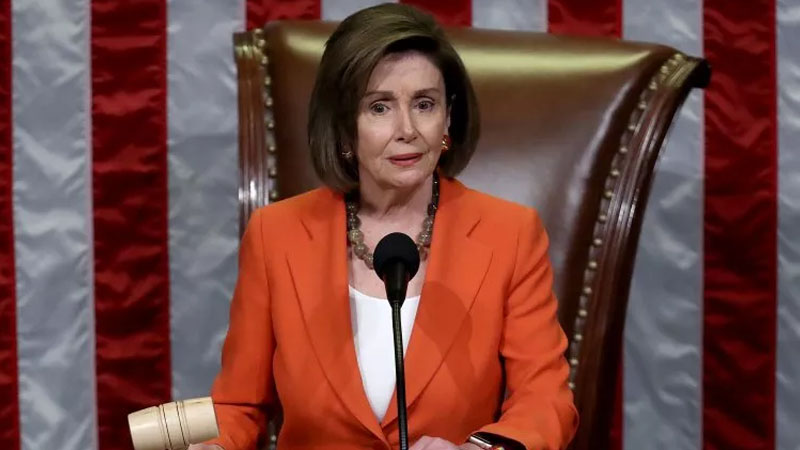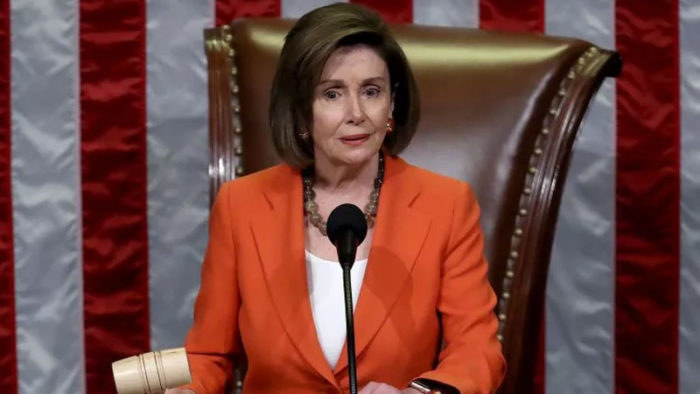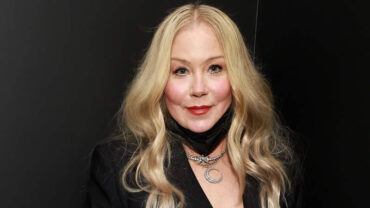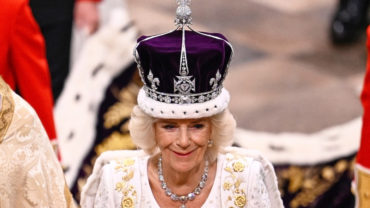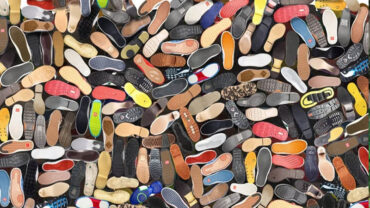Speaking to journalists on Thursday, Pelosi affirmed the inclusion of the wage hike in the House’s COVID-19 package. House Democrats are expected to introduce their stimulus bill and send it to the Senate near the end of February, according to Democratic officials.
“We’re very proud of that,” Pelosi said of the legislation, adding, “A million people will get a raise, 70 percent of them women… We will be sending that, yes sir.”
But while Democratic Senate Majority Leader Chuck Schumer said on Thursday that he is “working hard” with Sanders, who is also the Senate Budget Committee Chair, to include the wage hike in the Senate’s version of the bill, Senate Democrats may stand in the way of the hike becoming law.
When Sanders introduced the Raise the Wage Act of 2021 in late January, only 37 Senate Democrats co-sponsored it, casting doubt on its passage. It’s unclear why one Independent senator and 11 Democratic senators didn’t sign onto Sanders’ legislation, but at least 11 of the 12 non-signers had previously supported raising the minimum wage by a smaller amount, according to The Washington Post.
Democratic West Virginia Senator Joe Manchin, who didn’t co-sponsor the bill, said that he wouldn’t assist in passing the measure without Republican support, potentially scuttling Democratic hopes of possibly passing the measure through a procedural maneuver called budget reconciliation, which would bypass the need for Republican support but require all Democratic and Independent senators to vote unanimously for it.
Democratic Delaware Senator Tom Carper, who also didn’t co-sponsor Sanders’ bill, has also expressed hesitancy. He worries that a minimum wage increase would put additional financial strain on businesses already harmed by the economic downturn caused by COVID-19.
“It’s obvious that we need to do more to support hard-working Americans,” Carper told the aforementioned publication, adding, “In this moment, we also want to be mindful of the small businesses across our country that have been hit particularly hard this past year during an unprecedented pandemic.”
Some progressive Democrats may also be opposed to the proposal, believing that an increase should be more than $15 an hour. As proof, they’ve cited studies that show only a handful of states have one-bedroom apartments affordable to those working 40 hours on $15 an hour wage.
President Joe Biden, who originally sought to include the wage hike in the stimulus bill, has since expressed doubt on whether Senate rules will even allow the increase to be passed via budget reconciliation. He has suggested passing it as a standalone bill instead. Sanders, however, has said he believes that Senate rules will allow it.

